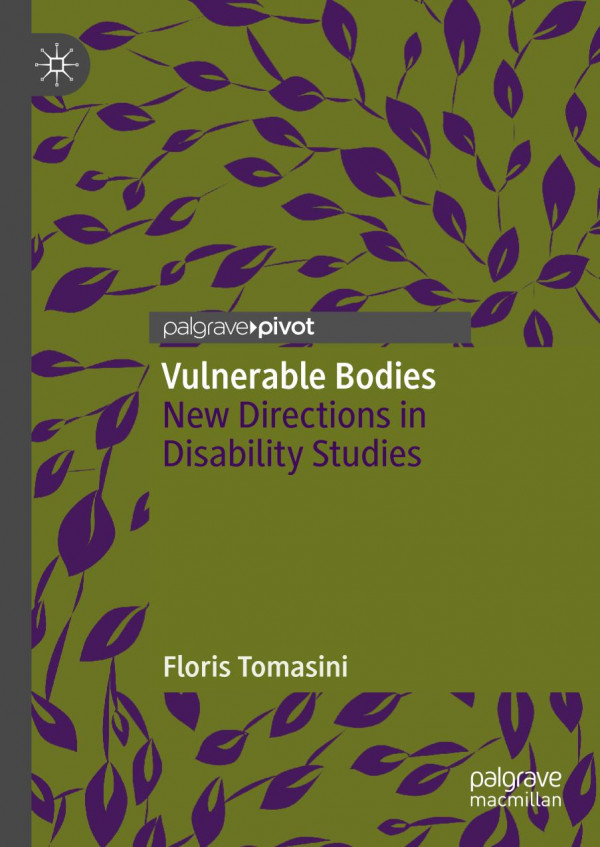

Most ebook files are in PDF format, so you can easily read them using various software such as Foxit Reader or directly on the Google Chrome browser.
Some ebook files are released by publishers in other formats such as .awz, .mobi, .epub, .fb2, etc. You may need to install specific software to read these formats on mobile/PC, such as Calibre.
Please read the tutorial at this link: https://ebookbell.com/faq
We offer FREE conversion to the popular formats you request; however, this may take some time. Therefore, right after payment, please email us, and we will try to provide the service as quickly as possible.
For some exceptional file formats or broken links (if any), please refrain from opening any disputes. Instead, email us first, and we will try to assist within a maximum of 6 hours.
EbookBell Team

4.0
16 reviewsThis book offers new direction in disability studies, by integrating the medical and social model of disability. The first aim is to provide an integral approach to thinking about impairment and disability through the integrative lens of being vulnerable. The second aim is to transcend the normative trap which impairment and disability debate finds itself locked in.
Disability debate is trapped in a normative struggle to escape oppressive norms. Either, by legitimizing the desire to be free from impairment, where a legitimization identity is promoted through the medical model. Or, by resisting discriminative social norms, where the desire is to be free from oppressive social barriers that exist on top of having impairment. Identifying with one’s vulnerability, or embodied uncertainty, allows for the possibility of forging meaning and building new identity. It allows freedom to express embodied difference, rather than to transform or defend it.